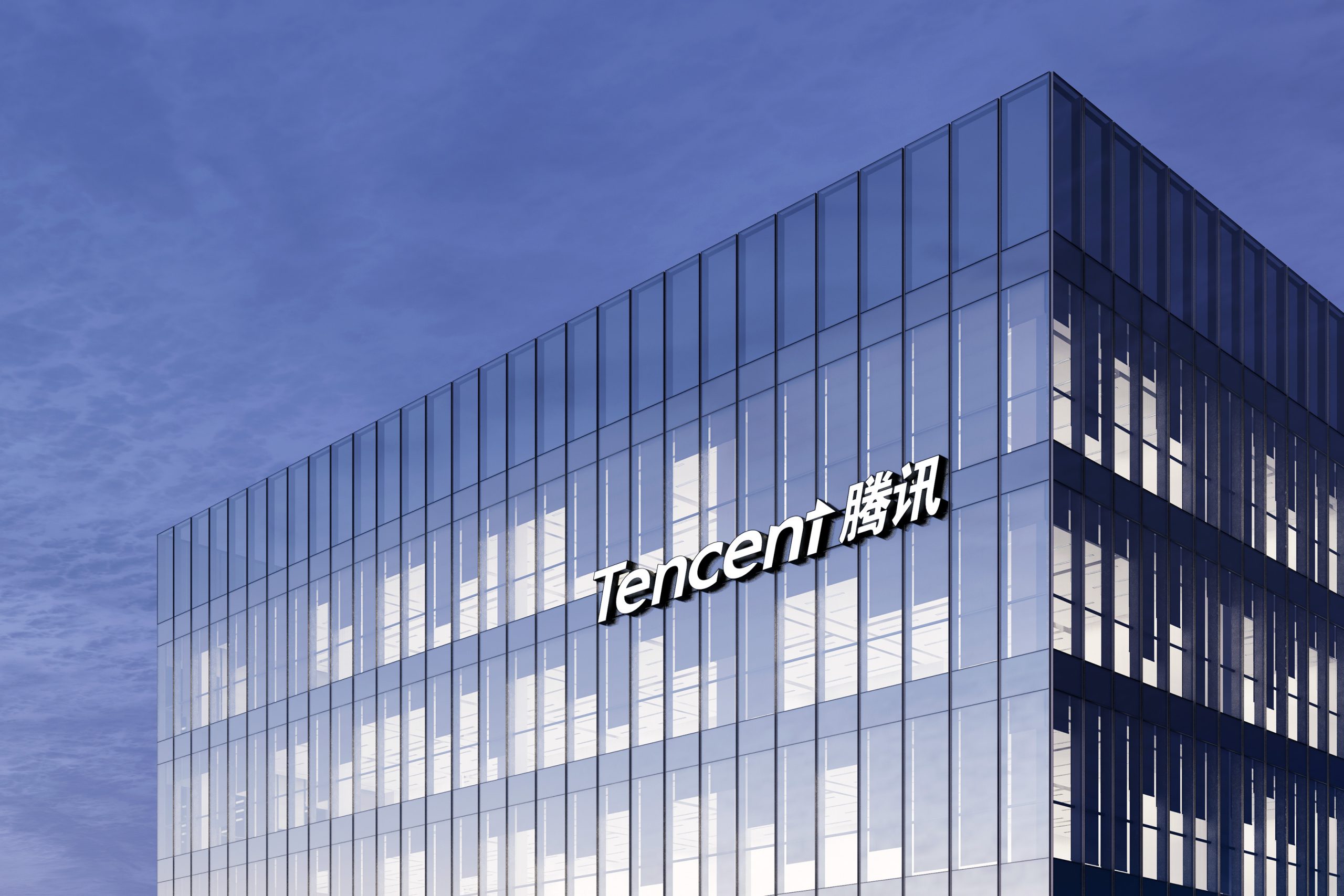In an industry where financial data processing and reconciliation have traditionally demanded extensive manual intervention, the groundbreaking GenAI implementation led by Akshat Khemka stands as a remarkable achievement in artificial intelligence application. Under Akshat’s visionary leadership, this ambitious project has redefined how businesses approach reconciliation processes and data-driven decision making, establishing new standards for AI integration in financial operations.
The multi-faceted GenAI initiative, focused on enhancing reconciliation processes and data KPI scenarios within existing products, presented significant technical and operational challenges. As Product Owner, Akshat Khemka was tasked with directing a specialized team of data engineers while navigating the complex landscape of emerging AI technologies and enterprise financial systems. The project’s scope extended beyond mere automation, aiming instead to fundamentally transform how financial data is processed, analyzed, and utilized across the organization.
At the core of this innovation was the development of a sophisticated AI Agentic Framework leveraging Azure OpenAI’s large language models (LLMs) and LangChain. Akshat’s strategic approach to this implementation demonstrated exceptional technical vision, as he orchestrated the creation of a Multiagent framework comprising specialized components including Mapping, Carrier, Deposit, Commissions, and Product Agents. This integrated system enabled business users to access critical KPIs through an intuitive GenAI user interface, transforming raw data into actionable business intelligence.
The implementation of this agent-based architecture represented a significant advancement in applied AI for financial operations. Each specialized agent was meticulously designed to address specific aspects of the reconciliation process, with Akshat guiding the team through the complex challenges of agent interaction, context management, and response generation. This approach allowed for unprecedented flexibility and intelligence in handling diverse financial data scenarios, adapting to variations and exceptions that would typically require human intervention.
Perhaps most impressive was the project’s tangible impact on operational efficiency. The team, under Akshat Khemka’s guidance, developed a streamlined GenAI UI using Streamlit that implemented automated reconciliation processes through a dedicated reconciliation agent. This innovation delivered remarkable results, reducing manual effort by an impressive 70% – a transformation that has significant implications for resource allocation and operational costs. Beyond the quantitative improvements, the solution enhanced data accuracy and consistency, addressing a critical pain point in traditional reconciliation processes.
The technical implementation showcased Akshat’s expertise in multiple domains, with system prompts and tooling functions written in Python and SQL. The solution’s architecture demonstrated particular sophistication in its integration with existing data infrastructure, as the GenAI agents were designed to access and analyze data directly from Snowflake data warehouses to generate contextually relevant LLM responses to user queries. This seamless integration was crucial to the project’s success, allowing the AI system to leverage the organization’s existing data assets without requiring extensive restructuring or migration.
Stakeholder management proved to be a critical success factor in the project’s implementation. Akshat’s ability to translate complex technical concepts into business value propositions helped secure organizational buy-in and user adoption. By demonstrating concrete efficiency gains and quality improvements, the project quickly gained momentum throughout the organization, with business units recognizing the transformative potential of the GenAI approach to reconciliation and data analysis.
The project’s development and deployment weren’t without challenges. Integrating cutting-edge AI technologies with established financial systems required innovative solutions to address data privacy concerns, model hallucination risks, and system performance requirements. Akshats leadership was instrumental in overcoming these obstacles, implementing robust guardrails and validation mechanisms that ensured the AI system’s outputs maintained the high standards of accuracy and reliability demanded by financial operations.
For Akshat Khemka, this project represents a significant career milestone, highlighting his ability to bridge the gap between cutting-edge AI technologies and practical business applications. Drawing on his educational foundation from Stevens Institute of Technology and extensive experience in AI and data engineering, Akshat has established himself as a distinguished leader in the rapidly evolving field of generative AI implementation. The project’s success has further cemented his reputation for delivering innovative solutions that combine technical sophistication with measurable business impact.
Looking ahead, the implications of this project extend far beyond immediate efficiency gains. It demonstrates how thoughtfully implemented AI solutions can transform traditionally labor-intensive processes while delivering exceptional value to business stakeholders. As organizations continue to explore the potential of generative AI, Akshat’s work stands as a compelling example of how visionary leadership combined with technical expertise can drive meaningful innovation in enterprise AI applications.
The GenAI reconciliation project showcases the powerful combination of strategic vision, technical innovation, and practical implementation that characterizes Akshat Khemka’s approach to AI and data engineering leadership. As businesses increasingly turn to AI to solve complex operational challenges, this project serves as both inspiration and blueprint for the transformative potential of well-executed AI integration.
The project’s success has already inspired additional AI initiatives within the organization, with plans to expand the agent framework to address other data-intensive processes. Akshat’s pioneering work has established a foundation for ongoing innovation, creating a roadmap for future AI implementations that can build upon the architectural patterns and integration approaches developed during this project.
In an industry often challenged by resistance to technological change, this implementation stands out for its seamless adoption and rapid realization of benefits. By focusing on tangible business outcomes while managing the technical complexity behind the scenes, Akshat and his team delivered a solution that appeals to both technical and business stakeholders, bridging the gap that often derails ambitious AI projects.
About Akshat Khemka
A distinguished generative AI and data engineering leader, Akshat Khemka has established himself as a pioneering innovator in applying artificial intelligence to complex business challenges. His comprehensive academic foundation from Stevens Institute of Technology, combined with extensive hands-on experience in AI systems design and implementation, has equipped him with a rare combination of theoretical knowledge and practical expertise.
Akshat Khemka’s professional journey reflects consistent excellence in leveraging emerging technologies to drive business transformation. His expertise spans an impressive array of technologies and methodologies, including Azure OpenAI integration, LangChain development, multiple large language model platforms, cloud infrastructure optimization, and agile project management approaches. This technical versatility has enabled him to successfully lead multidisciplinary teams in implementing sophisticated AI solutions that deliver measurable business value.









